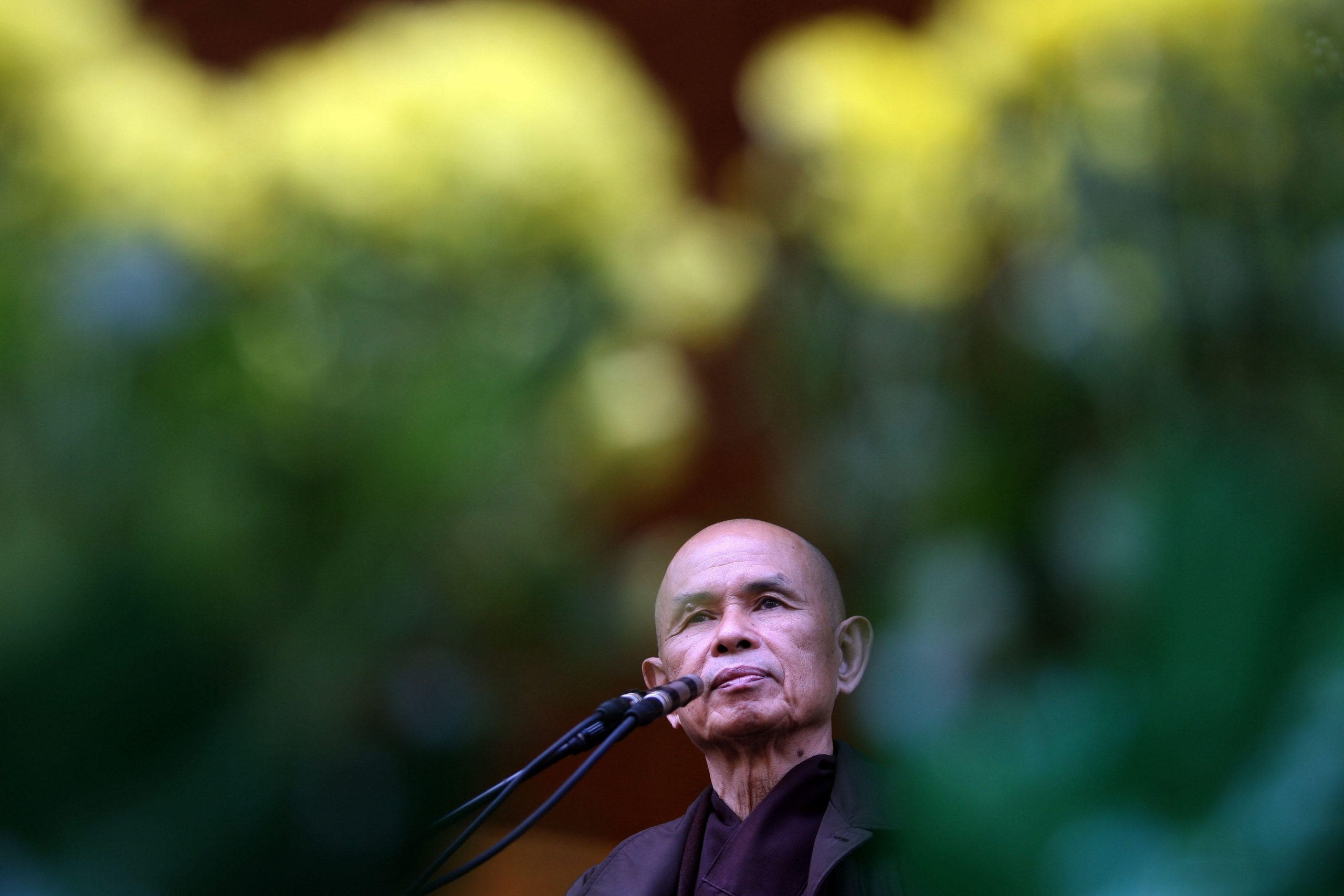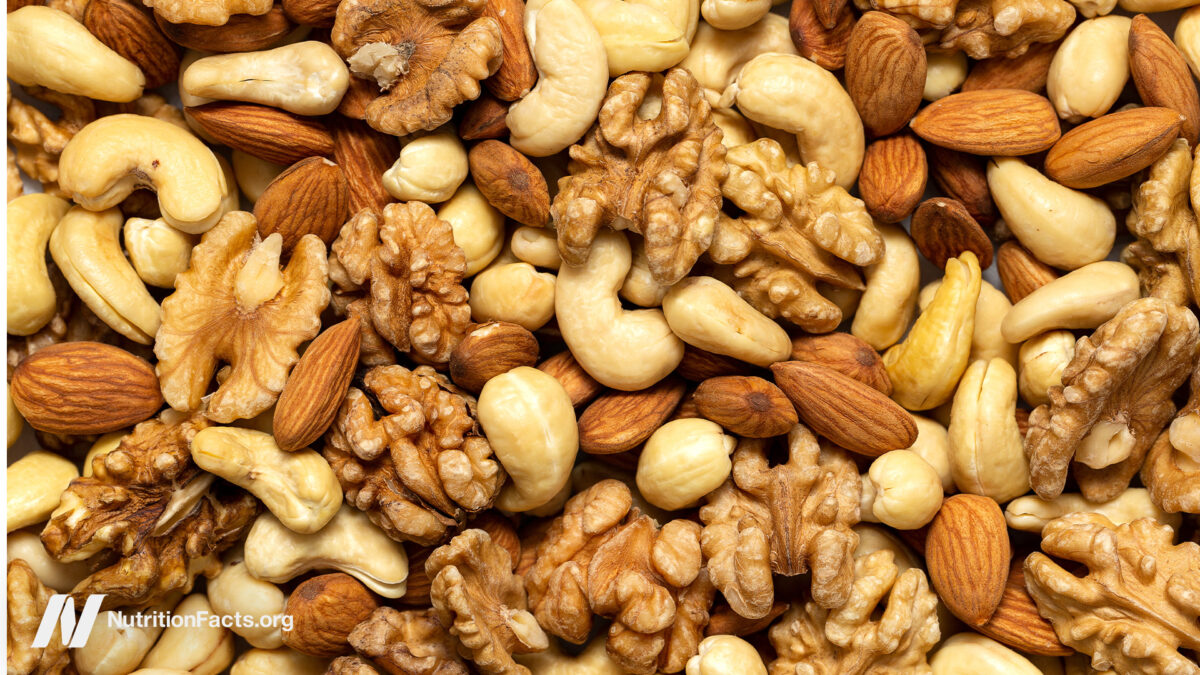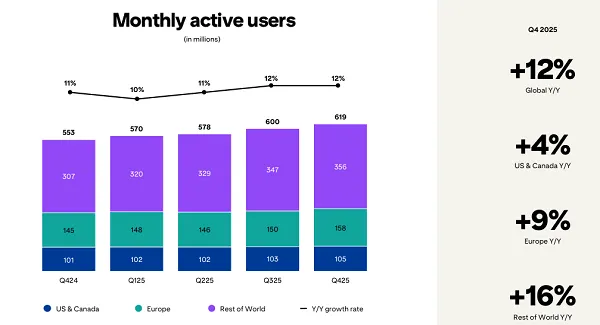Incense as a Lifetime
A reflection and practice on the act of burning incense as an expression of our karma The post Incense as a Lifetime first appeared on Tricycle: The Buddhist Review. The post Incense as a Lifetime appeared first on Tricycle:...
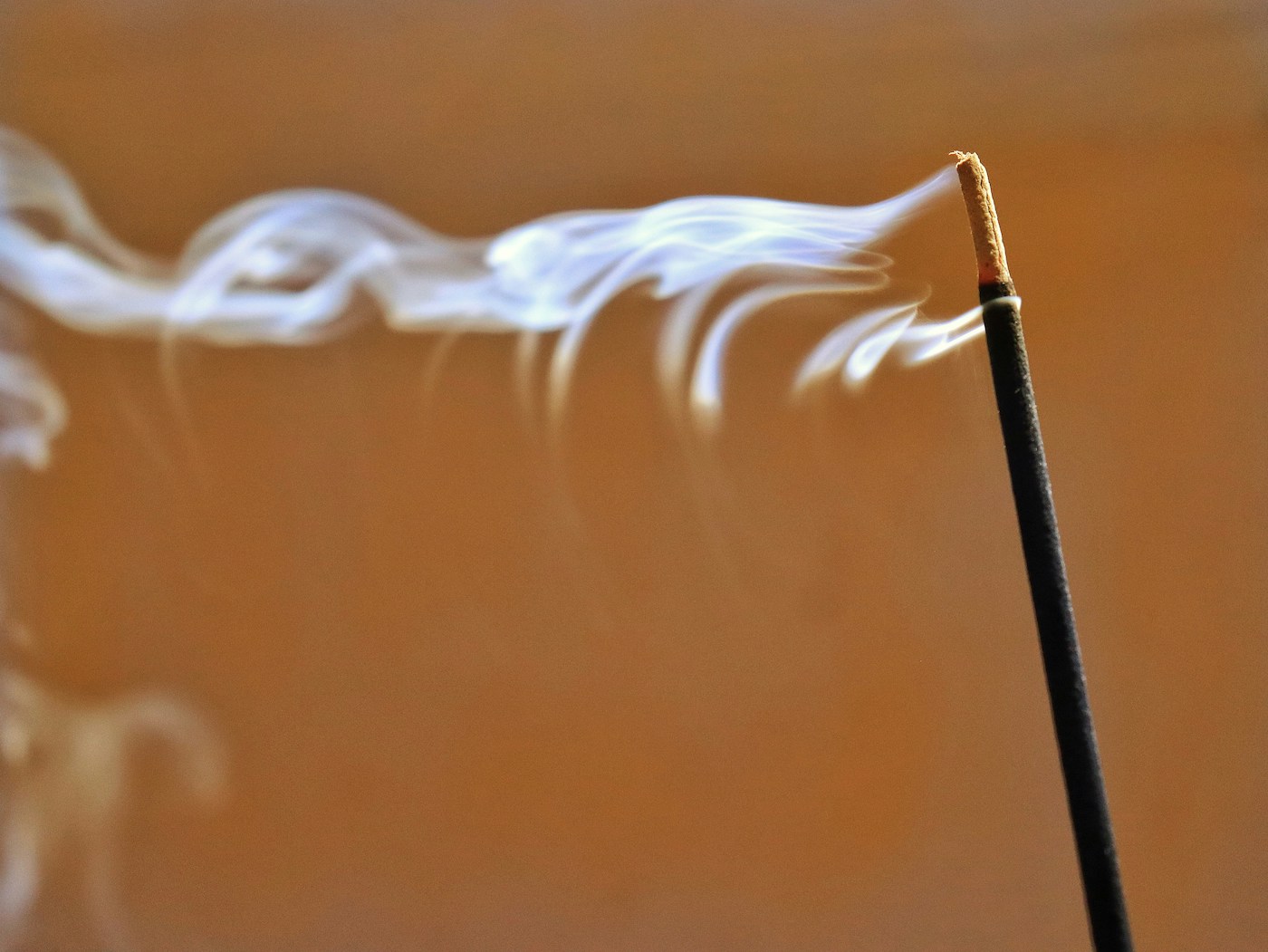
Personal Reflections Reflections
A reflection and practice on the act of burning incense as an expression of our karma
By Tina Lear Jan 07, 2025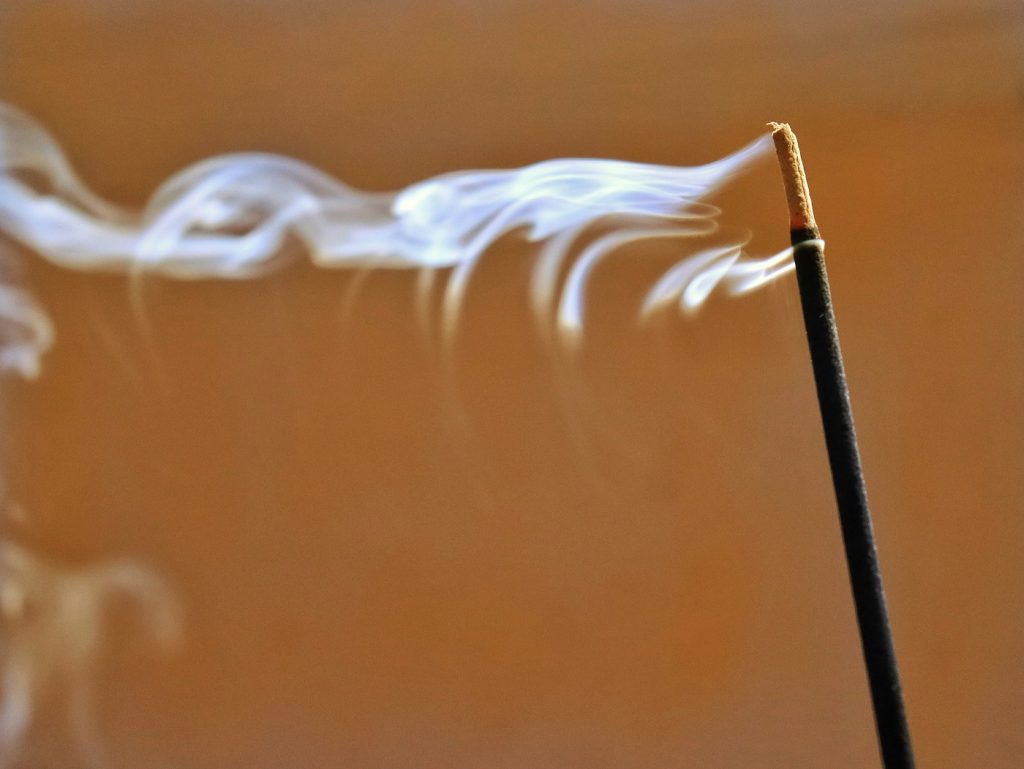 Photo by Caio Delarolle
Photo by Caio DelarolleWith the advent of the new calendar year, many of us are prompted to take inventory of our lives. Vowing to do better, we can see a clean slate ahead, radiant with potential.
But there’s no such thing as a radiant, clean slate unburdened by our past behaviors. Every day, every minute, our lives are a chaotic, cluttered yet somehow cohesive report of all our previous actions—both positive and negative. And this report doesn’t go away when the clock strikes 12 on December 31. It follows us everywhere, as a powerful reminder that what we sow, we reap.
A small slice of this truth showed up for me when I began my morning practice, in 1999, upon meeting my teacher Anam Thubten Rinpoche. He taught me to meditate, exhorting me to cultivate my “bodhisattva nature.” He told me, “To become aware of the bodhisattva inside can be very inspiring and give the highest meaning [to] our lives; to actually choose to be in this mess of a world.”
Those words still resonate with me each time I practice. Every morning, I light a stick of incense, sit on my cushion, and make that choice again and again, learning to watch the mind trying to trick me into grasping for something, literally anything, “else.”
One day recently, as the incense began to take on the flame before my morning meditation, I looked at it and imagined that it represented a lifetime.
1. The initial flame is who I am in the world.
The flame is ego. It’s how I show up every day.
For instance, say I’m washing the floors and, while doing it, I think about how good I am, how my spouse is going to (or should) appreciate this, how it’s really racking up my bodhisattva points. That’s ego.
Side note: I’m not fully enlightened, so I might need all those thoughts—the desire to do good, to be thought of as good—because they help me initiate the washing of the floors. But then . . .
2. The flame must be extinguished for the incense to work.
When I blow out the flame, I’m not thinking about myself anymore. I feel only the texture of the broom handle, I hear the water squishing, dribbling out of the sponge, I watch the floor start to shine. The self has momentarily dissolved, and I experience a much larger state of being. As Rinpoche says in his book No Self, No Problem, when we let go, “. . . we are no longer trying to hold the composure of this illusory entity, ego, or self. Self is always collapsing and dissolving in each and every moment.”
One of the Buddha’s most basic teachings is that all our actions carry consequences. Karma is also referred to as the law of cause and effect. Stare down the barrel of any near-death experience, and that teaching crystalizes immediately, as one is forced to grapple with the fact that there’s no way to undo damage, there’s no way to rewind and erase our past deeds—this isn’t a practice run.
The good news is, we don’t have to terrify ourselves to wake up. We can do it right now, practicing every day, in every moment. We can light our incense with a match, knowing that it’s a snapshot of our own brief, precious lives. As we blow the flame out, we let go of all of our control-freaky ways, relinquishing the need for pats on the head, waiving the unconscious fees we always charge for being so awesome. When we do this, rather than being stuffed into the narrow boxes of egoic thinking, our actions can (and will) climb out, stretch far and wide, and speak for themselves. The incense fills the room, and everyone is better for it.
For the incense to really work, we have to wake up and blow it out.
Ego isn’t bad. Over and over, we are the flame that is the expression of ego. It’s part of being human. We can light up the world with it, as it helps us express our ideas, our efforts, our actions. We can reduce suffering, create joy, or lighten someone’s load. That all starts out as a flame.
But for the incense to really work, we have to wake up and blow it out. A functioning stick of incense is a perfect example of how our actions contain their own results.
Every kind word is a flame. How it affects its recipient is smoke.
Every irritation expressed, a flame. The rage felt by the guy we flipped off in traffic, the smoke.
Every secret generosity, a flame. The hope felt by the receiver, the smoke.
Every act of courage and integrity is the flame that people see, warm their hands by, and trust. What those people do later because of it (especially the ones we didn’t know were watching), what those people realize they’re capable of because we were brave and true in the first place, what they do, maybe generations down the line—that’s the smoke.
Light a stick of incense today, not so much for the new year as for the new moment—and remember this: Our life will be over in no time. But who we are inside of it leaves its essence on everyone we touch—with them and their children, and their grandchildren’s great-grandchildren.
Let’s do what we do here on purpose.
It matters.
![]()
Thank you for subscribing to Tricycle! As a nonprofit, we depend on readers like you to keep Buddhist teachings and practices widely available.

 Astrong
Astrong 












